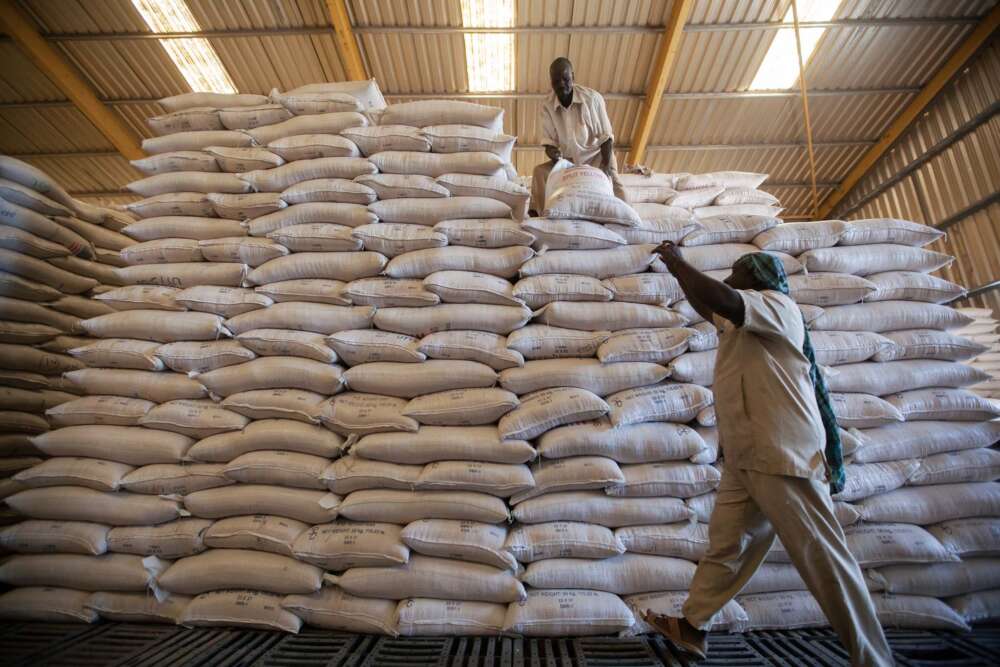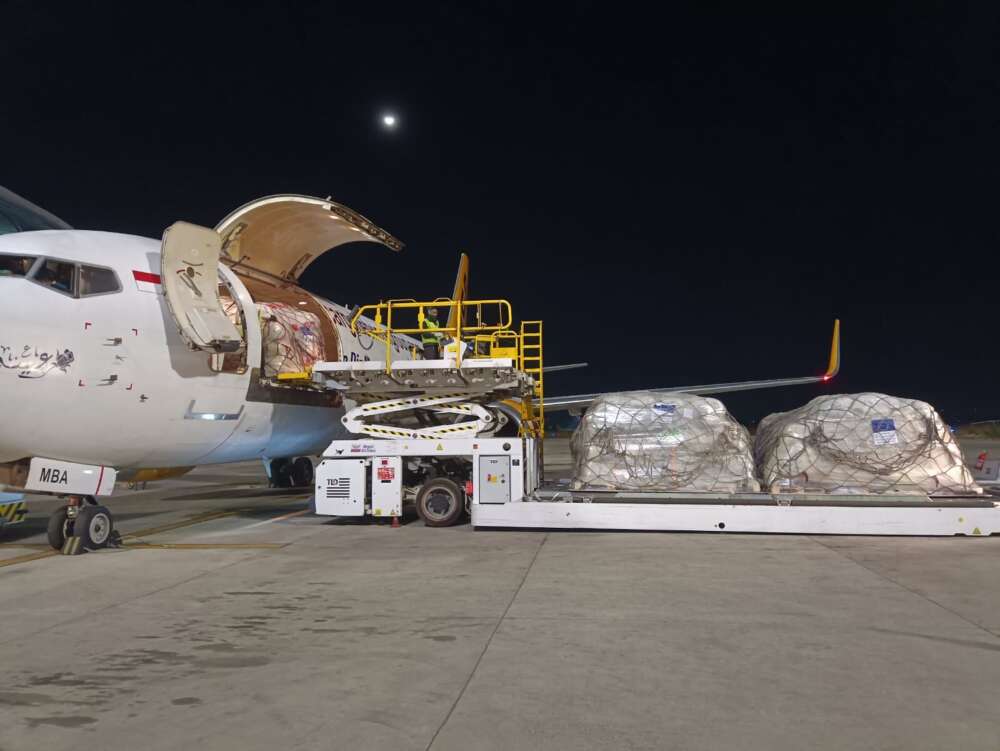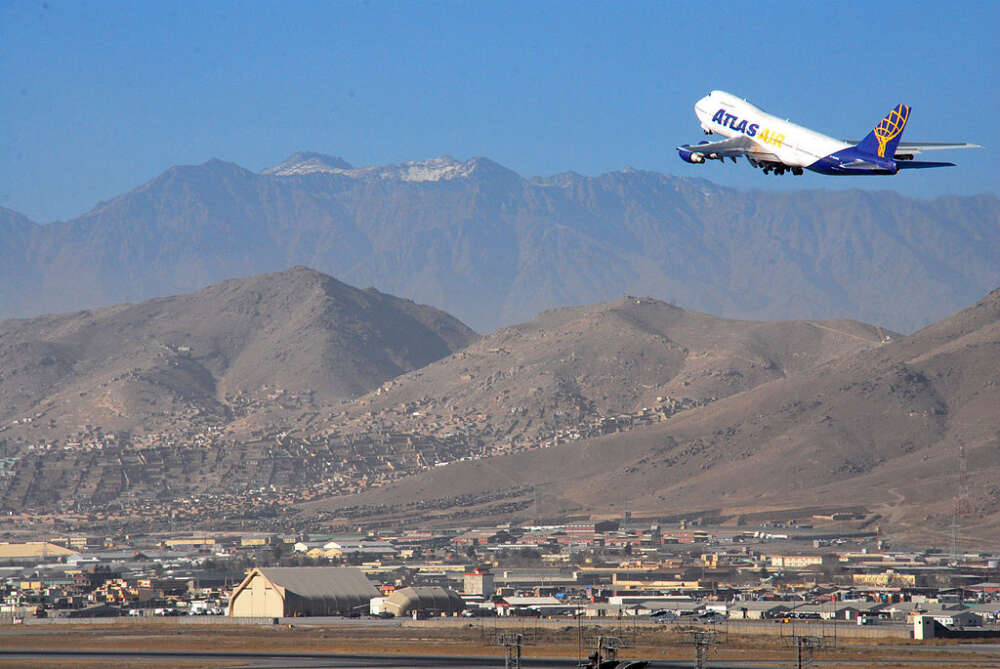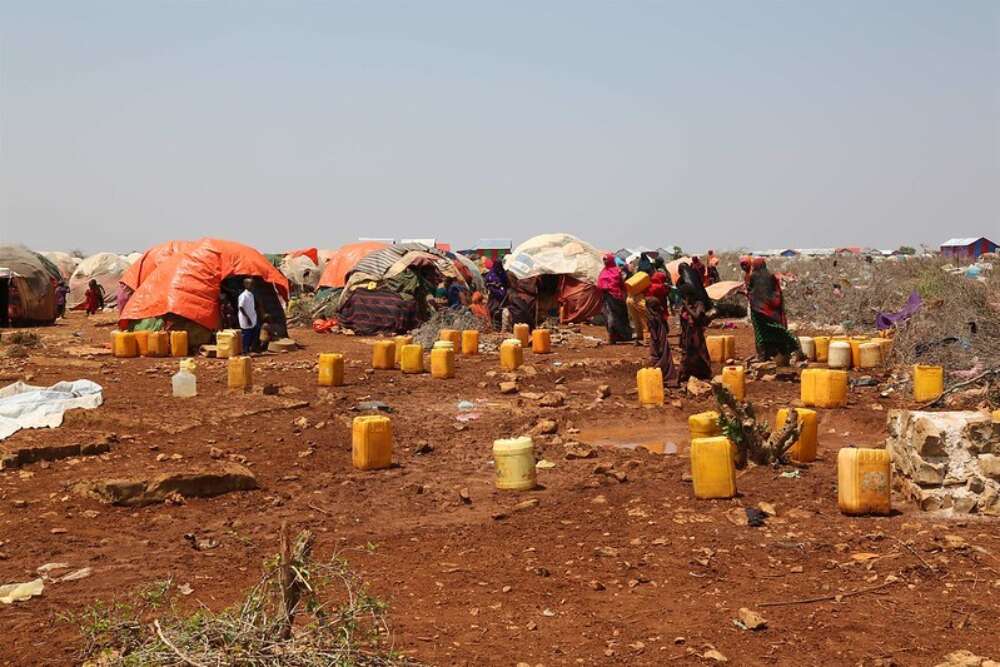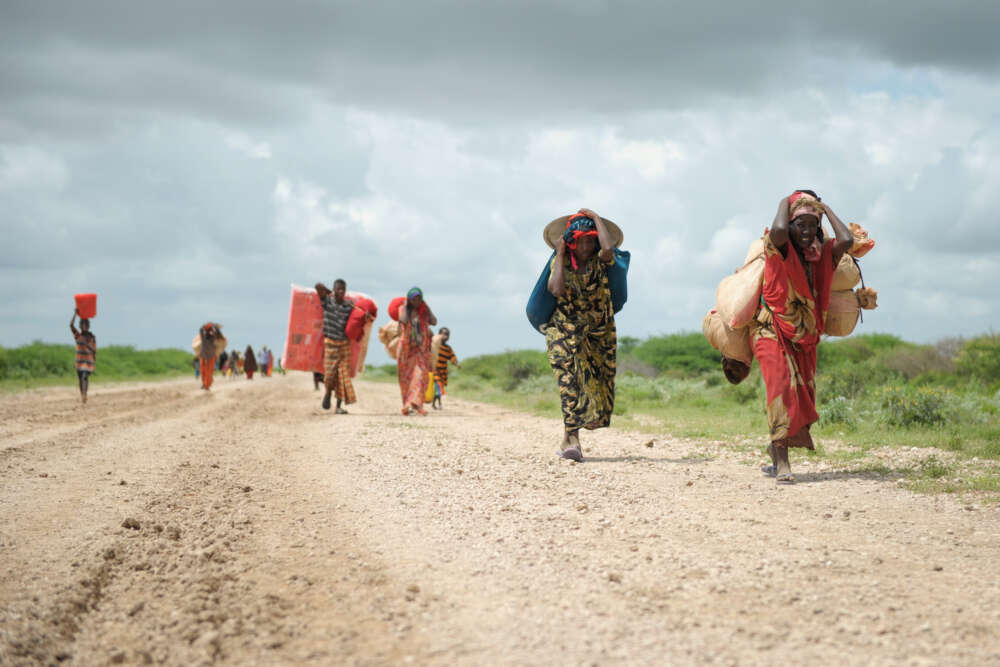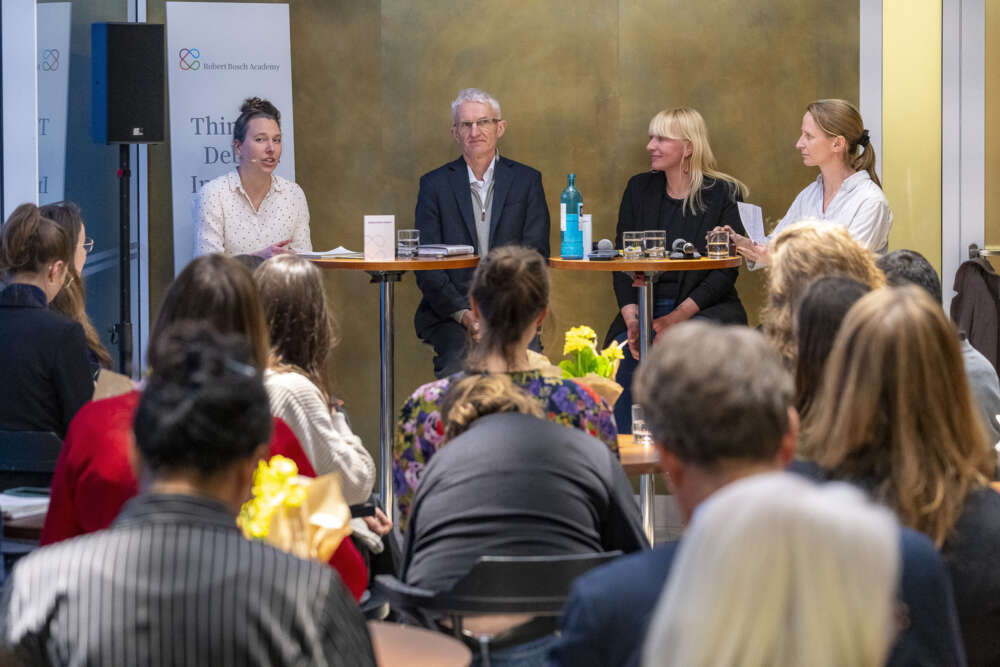Humanitarians, Play Your Cards Right: How to Save Lives and Impartiality in Syria’s Earthquake-Affected North
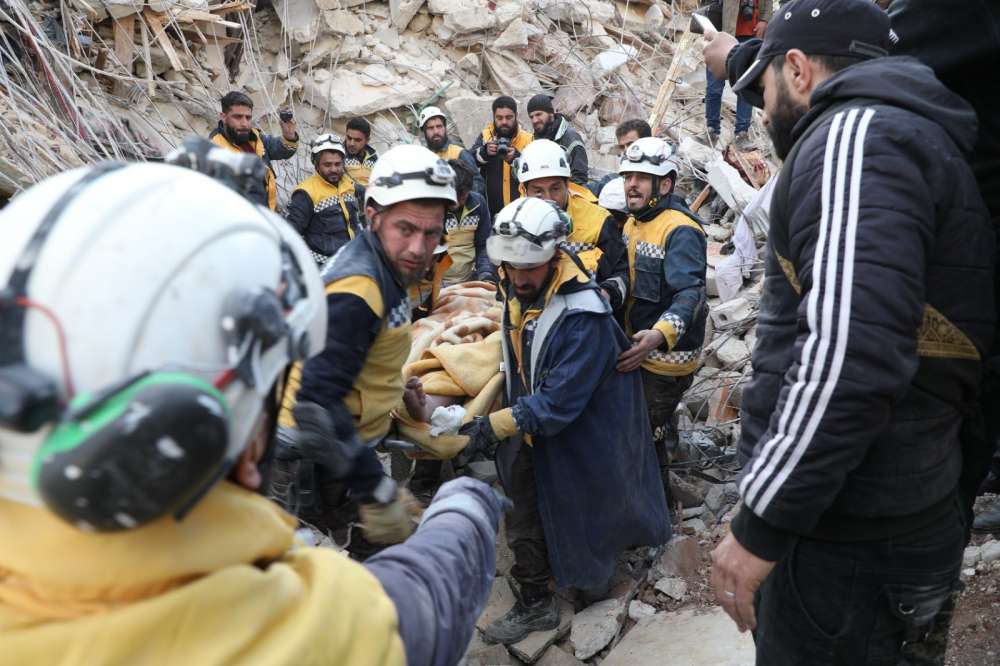
Four days after the Kahramanmaraş earthquake, it is already clear that the chances of survival are much lower for people living on the Syrian side of the border than for those on the Turkish side. International humanitarian actors cannot deny their contribution to this tragic situation. As Julia Steets explains in El País’ Agenda Publica, they have made too many compromises for too long – letting themselves be played by those in power and sacrificing core humanitarian principles on the altar of institutional interests and short-term considerations.
International humanitarian actors and donors need to take a “tougher negotiation stance,” Steets suggests – and do so now, in Syria, and not just for future crises. The situation seems hopeless at first. The Russian veto in the Security Council prevents a wide and permanent opening of the Turkish-Syrian border, let alone one that would come fast enough to allow international rescue teams to save those slowly dying under the rubble. However, unlike in previous emergencies in the region, the current interests of those who hold power in Turkey and Syria mean that humanitarian actors are in the more favorable negotiation position. Of course, the clock is ticking, so government donors should still prioritize funding impartial local rescue efforts like those of the White Helmets. At the same time, however, they need to leverage their influence over Ankara and Damascus in a concerted effort with international humanitarian organizations to push for unimpeded access. How might that work?
First off: Ankara. The Syrian Democratic Forces, who control much of the Syrian north, have long been disturbing Recep Tayyip Erdoğan’s ambition to suppress Kurdish organizing. Turkey’s recent airstrikes against Kurdish areas have already exacerbated the havoc wreaked by the earthquake. Opening the borders so aid can reach the same places is clearly not in Ankara’s interest, either. However, going forward, Turkey will need massive international support for its own reconstruction efforts. Because of that, donors hold a big bargaining chip. Appeals to Erdoğan’s humanity on the grounds that people affected by the same disaster in two countries should be treated the same will not be enough. When donors discuss the details of the most immediate assistance with the Turkish government, they should already stress that long-term reconstruction support will materialize on the condition that all border crossings are opened now. Temporary or ad-hoc agreements to open other border posts for humanitarian aid in addition Bab al-Hawa, the only one currently allowed, are not sustainable enough. Erdoğan needs to push for more with both Bashar al-Assad and Russia.
Second: Damascus. Assad’s practice of abusing humanitarian funds to suppress opposition-held areas and siphon off profits to reward his inner circle is well documented. With the Syrian economy in free fall, Assad needs humanitarian aid more urgently than ever to keep his supporters happy, and for assistance to reach people living in areas under his government’s control. He needs international humanitarian funding – contributions from allies like Russia will not suffice. Again, donors and international humanitarian actors can use this constellation to their advantage. They should make continued, regular and long-term assistance conditional on Assad’s official approval of direct cross-border assistance into areas controlled by the opposition – and they should deny his requests that assistance go through Damascus instead. It is already clear that the latter would get embroiled in the discriminatory politics of the past. That is why, in addition, Assad needs to be pressured to convince Moscow to stop blocking cross-border assistance and allow for the permanent openings. Those will not only be needed in this very moment, but they will also prove critical in the months to come as earthquake survivors require assistance.
The proposed negotiation strategies vis-à-vis Ankara and Damascus require that humanitarian organizations overcome their usual discomfort with any form of conditionality when it comes to their assistance (which extends even to reconstruction support where it is permissible). They would also mean embracing pragmatic ways to deal with contested sovereignty. But there is no alternative to humanitarians collectively giving this a try, together with donor governments. Not doing so would amount to tacit support for a status quo in which people’s chances of survival in the same disaster depend on their physical location on a map – a blatant violation of the principle of impartiality. Moreover, it is crucial that we finally begin to wiggle international assistance out of what has been a highly abusive dynamic in Syria, and to regain a modicum of control at the bargaining table, including for what is still to come.
International donors and humanitarian actors owe it to those who have suffered the cruel consequences of geopolitics to rectify their past mistakes. They need to take a coordinated chance at playing the good cards they hold this time – to save a few more precious lives, and to save what’s left of principled international humanitarian action.

